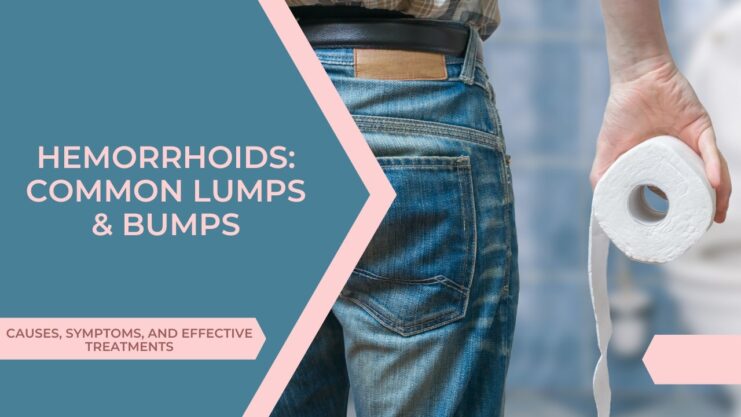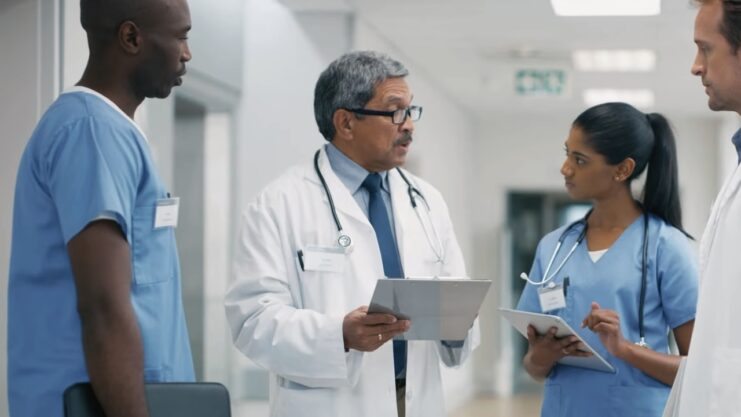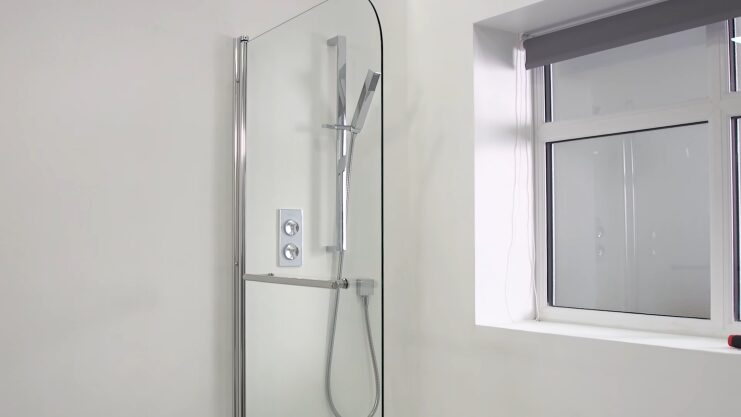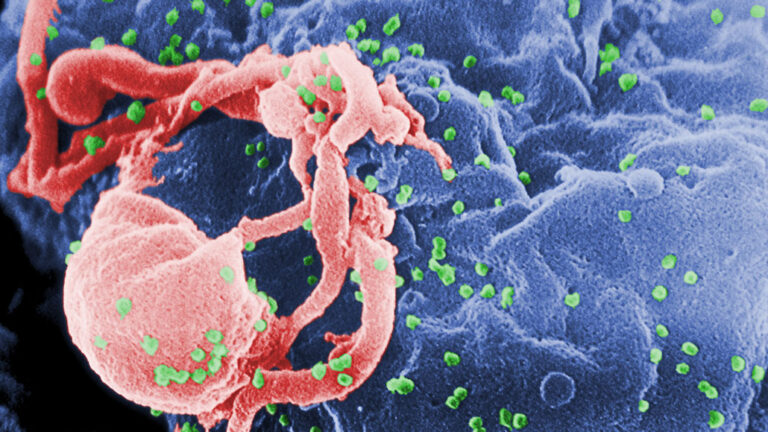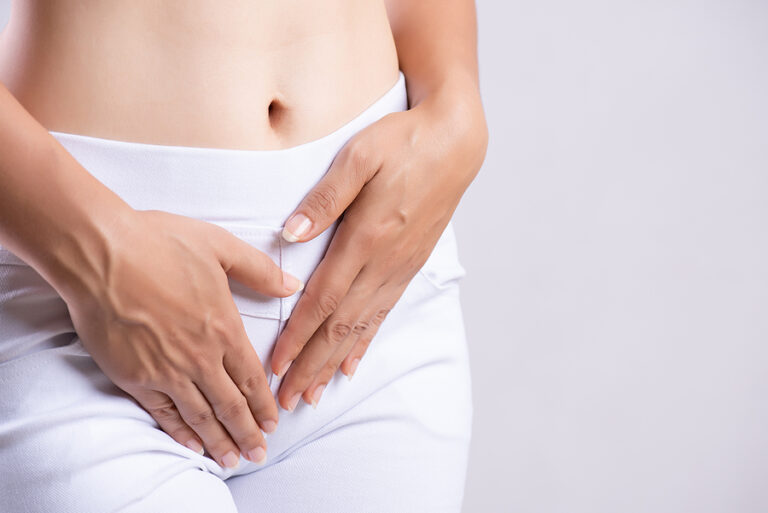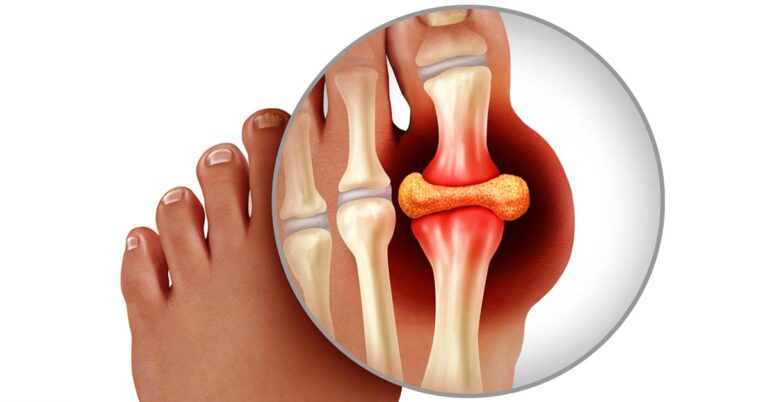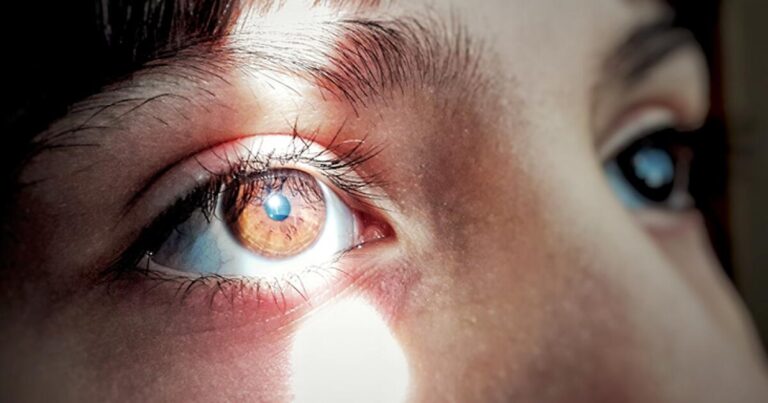In the spectrum of bodily issues that humans encounter, some are easier to talk about than others. Hemorrhoids, a common but often misunderstood condition, fall into the latter category, leaving many people to suffer in silence due to embarrassment or lack of information.
This article aims to break that silence, bring light to this taboo topic, and provide comprehensive information on hemorrhoids, their causes, symptoms, and potential treatments.
Hemorrhoids, sometimes colloquially known as piles, are swollen veins in the lowest part of the rectum and anus. This health concern affects millions of people worldwide, and while it is rarely life-threatening, it can cause significant discomfort and impact the quality of life. By understanding more about hemorrhoids, you can take action to prevent, manage, and treat them effectively.
What are they?
Hemorrhoids, otherwise known as piles, are a common lesion experienced by many people. They consist of engorged veins in the anal mucosa (lining). They may arise in the anal cavity itself (internal) or near the opening of the anus(external).
Depending on the site and size of hemorrhoid, they may present either as a sensation of something in the anus ( often with the feeling that you need to pass motion) or as a visible lump at the anal verge. Hemorrhoids may or may not be painful and can occasionally bleed, causing the alarming symptoms of blood mixed in the stool or streaks of blood seen on wiping.
Why do I get them?

- Straining during bowel movements: Prolonged straining or constipation can increase pressure on the veins in the rectal area, leading to the development of hemorrhoids.
- Chronic diarrhea: Frequent episodes of diarrhea can irritate the rectal area and contribute to the development of hemorrhoids.
- Pregnancy: The increased pressure on the abdomen during pregnancy can cause veins in the rectal area to become swollen and lead to hemorrhoids. Also, you should pay more attention on food that you are eating, because it can be cause of hemorrhoids.
- Obesity: Excess weight and increased intra-abdominal pressure can contribute to the development of hemorrhoids.
- Sedentary lifestyle: Lack of physical activity and sitting for long periods can impair blood circulation and contribute to the development of hemorrhoids.
- Aging: The risk of developing hemorrhoids increases with age due to the weakening of the connective tissues and veins in the rectal area.
- Hereditary factors: Some individuals may be more predisposed to developing hemorrhoids due to genetic factors or a family history of the condition.
Are they dangerous?
Hemorrhoids themselves are generally not considered dangerous. They are a common condition and rarely life-threatening. However, it is important to seek medical attention for new cases of hemorrhoids to ensure an accurate diagnosis and rule out other potential causes of rectal bleeding or vein engorgement.
In some cases, rectal bleeding may be a symptom of more serious conditions, such as rectal tumors or chronic liver disease. Therefore, it is important to consult a healthcare professional to assess your symptoms and determine the appropriate course of action.
What should I do?
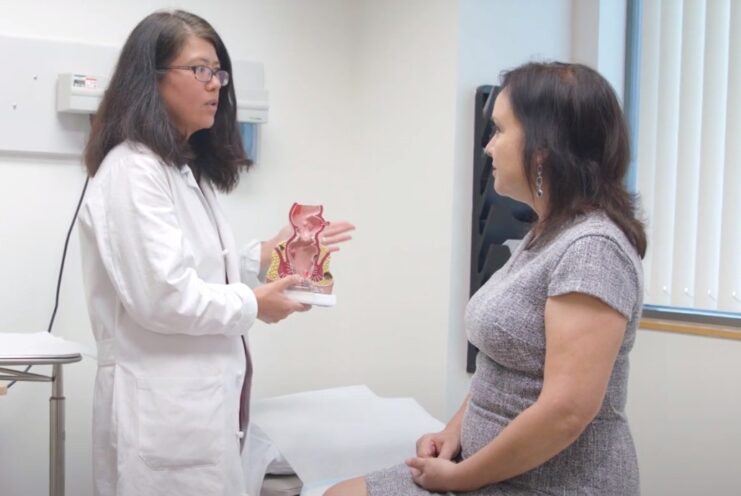
Firstly, you should seek medical attention for all new cases of hemorrhoids. They may present as a lump in the anus, with or without discomfort. Often you may also notice bleeding per rectum, particularly when passing motion.
Sometimes the only symptom you experience is the passage of blood from the anus. Occasionally the lump may not be visible and you may only notice the sensation of fullness in the anus, with a constant urge to pass motion, even though you have minimal output when you try to empty your bowels.
Your doctor will do a clinical examination to determine the cause of your symptoms. This may include a rectal examination and possibly a proctoscopy to visualize the lesion(s). Based on your history and relative risk factors you may be recommended to see a colorectal specialist to do a baseline assessment and screening for other conditions.
How do I get rid of it?
Most hemorrhoids may be managed easily and effectively in the GP setting. A course of oral medications can reduce the size of the piles, often completely. Topical applications and/or suppositories may be used for the relief of symptoms such as discomfort, and pain or to reduce the size of the piles themselves. You may need dietary supplements such as fiber or laxatives to help ensure good bowel motion to minimize the recurrence of piles caused by constipation.
Occasionally some patients may have recurrent piles or piles that do not respond well to medications. In these circumstances, you may warrant a visit to a colorectal surgeon to discuss operative management. Oftentimes these procedures may be done as day surgery, with you being able to return to work shortly after.
Final Words
In conclusion, hemorrhoids, though often overlooked and stigmatized, are a common condition that can cause significant discomfort and affect one’s quality of life. Understanding the causes, symptoms, and potential treatments for hemorrhoids is crucial in order to address the issue effectively.
While hemorrhoids themselves are not dangerous, it is important to seek medical attention for any new cases to rule out other potential causes of rectal bleeding or vein engorgement. Your doctor will conduct a thorough examination and may recommend further assessment by a colorectal specialist to ensure an accurate diagnosis and appropriate treatment plan.

